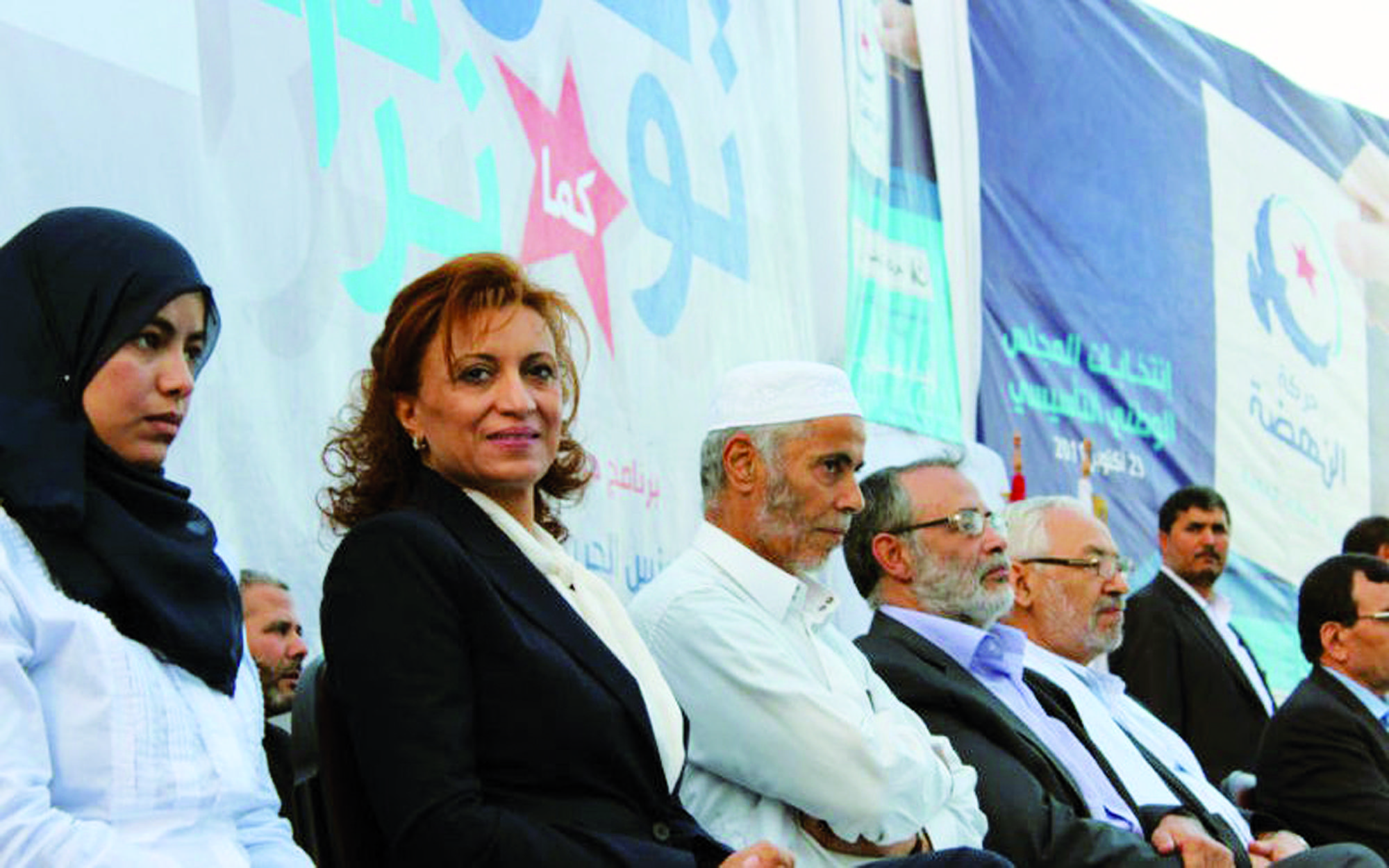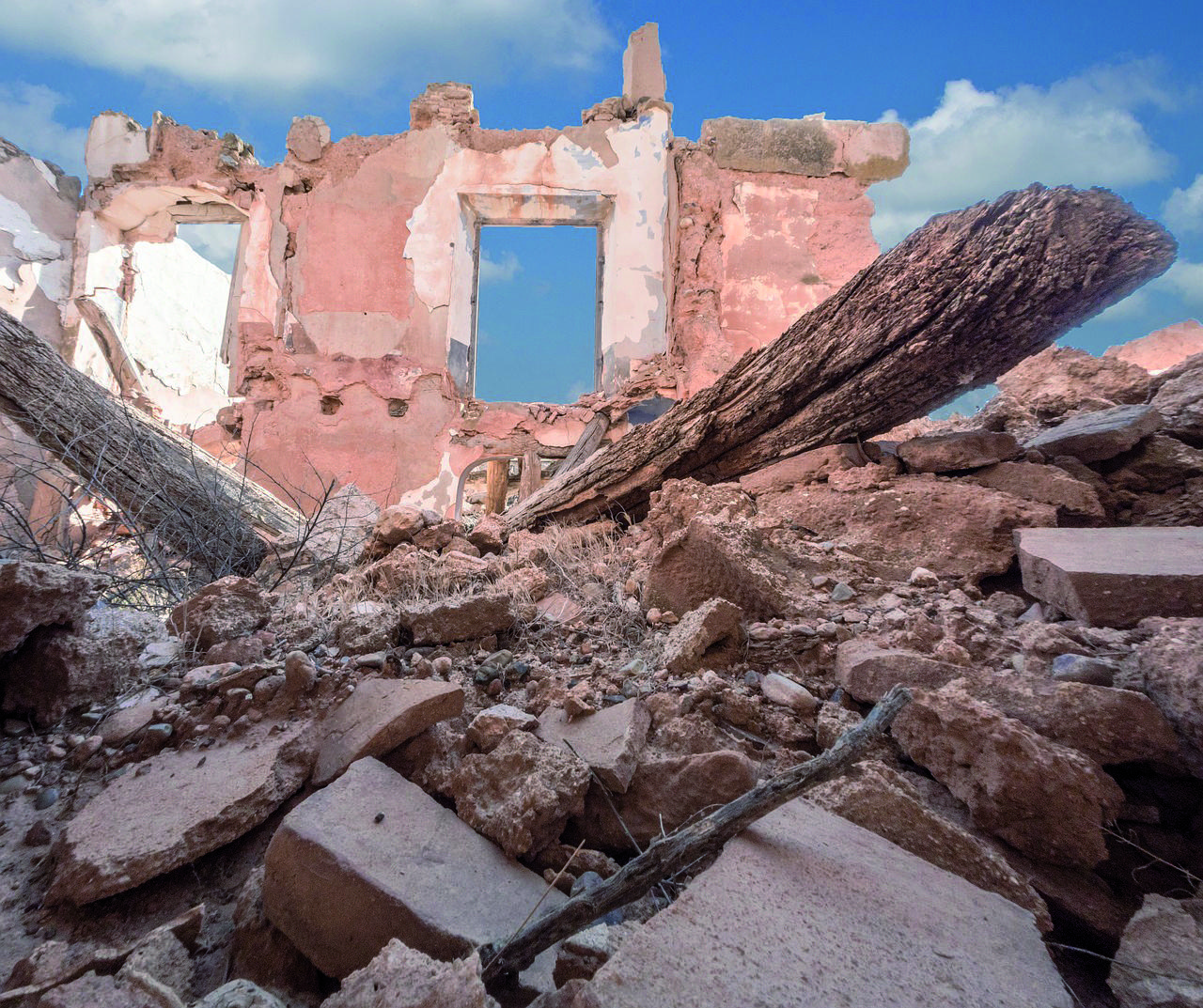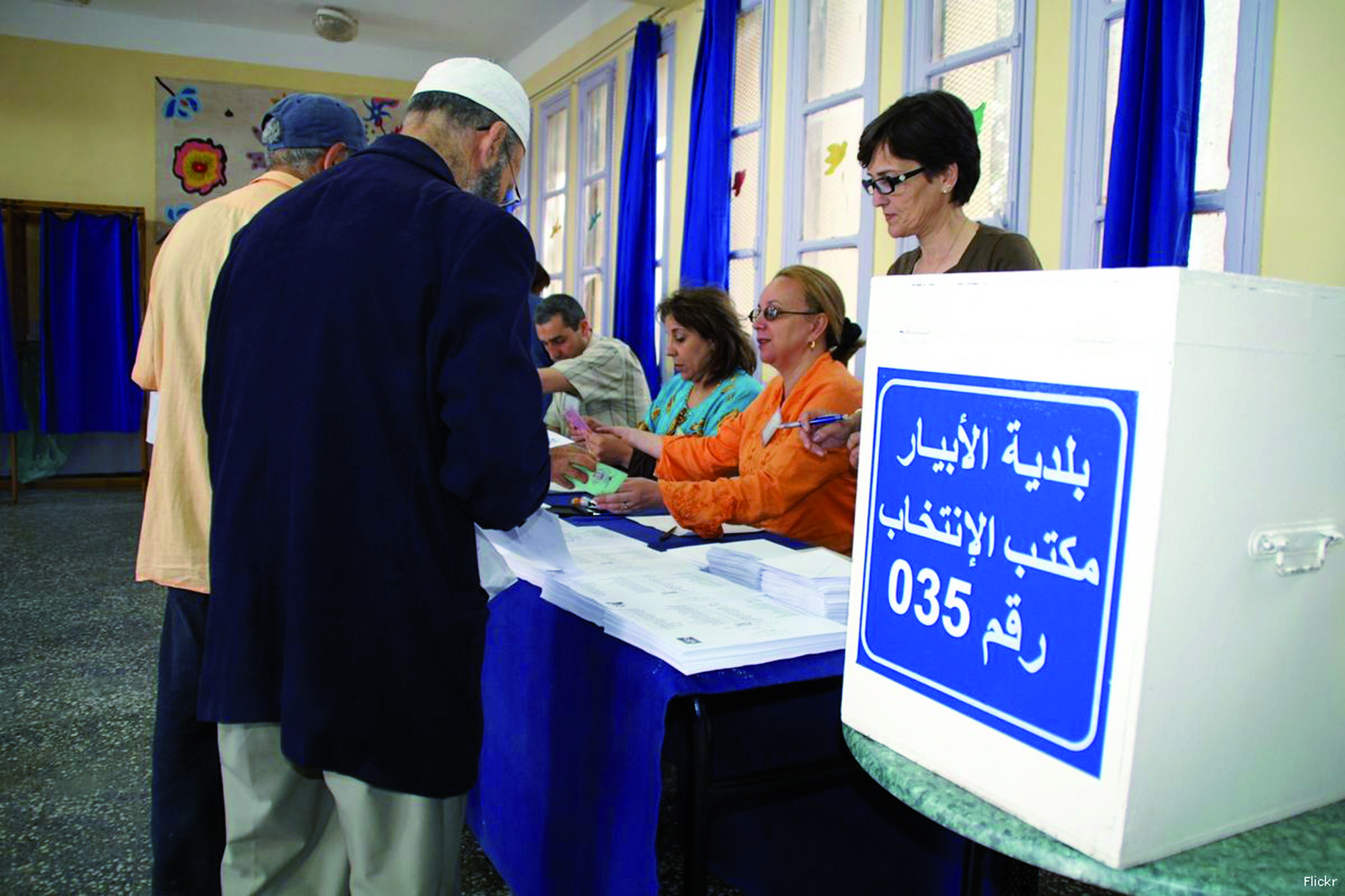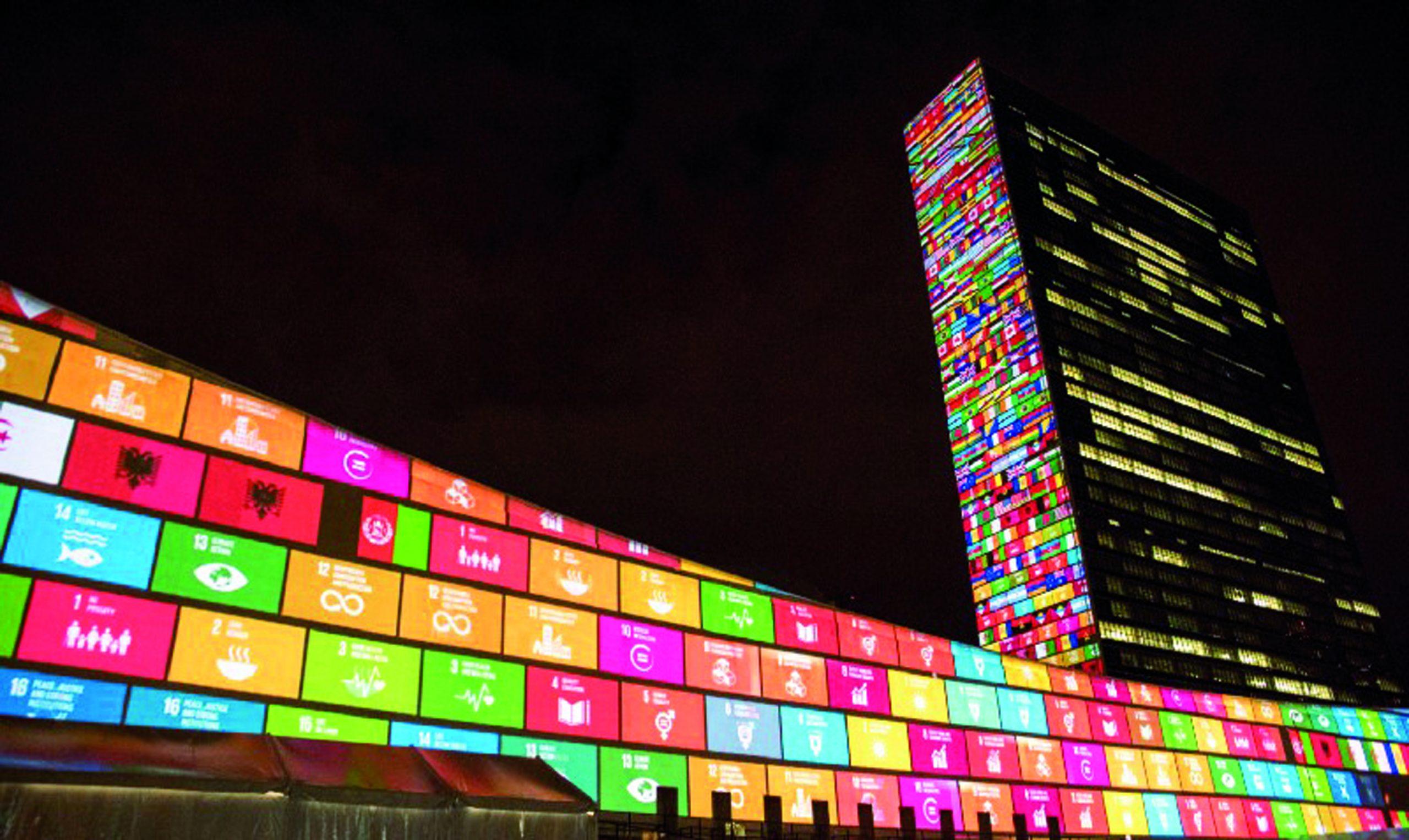Disentangling membership of Islamist parties in a post-ideological political arena: The PJD, Ennahda and Ra’am compared
Giulia Cimini and Claudia De Martino
Within the broader spectrum of Arab Islamist political parties, membership has taken on a deep meaning in terms of identity politics. By taking into account not only the diversity of Islamist parties but also the different political contexts they operate in and by opting for a broad conceptualisation
of membership, this article aims to offer an overview of key Islamist parties’ strategies towards society, their appeal and their positioning in the domestic political game in three highlydifferent polities: the newly democratised Tunisia, Morocco’s partly liberalised autocracy and Israel’s consolidated but Jewish-majoritarian democracy. It will do so by disentangling the dimension
of membership within the Justice and Development (Morocco), Ennahda (Tunisia) and Ra’am (Israel) parties, with an eye to pointing out the existing dialectic between the political parties as such and the religious movement they stem from. Beyond their differences, striking commonalities across these three case studies stand out, such as a pragmatic attitude accommodated to high Islamist moral standards, a strategy of soft penetration and active mobilisation of society,
a core conservative constituency interested in upward mobility and a yearning for social change.
Giulia Cimini is a post-doctoral researcher at the Department of Political and Social Sciences of the University of Bologna with a fellowship supported by the Gerda Henkel Foundation. In 2019, she was awarded a POMEPS TRE Grant for her research on marginalised communities and the challenges of decentralisation in Tunisia. She holds a PhD in International Studies and specialised in Middle Eastern Studies. Her main areas of expertise are Maghrebi political parties, security assistance, border communities and dynamics of contention.
Claudia De Martino is a researcher in MENA affairs at UNIMED, adjunct professor in postcolonial history at La Sapienza University and teacher of history and philosophy at the European High School Convitto Vittorio Emanuele II of Rome. In 2019 she obtained a master’s in development economics at the ILO/Turin. She was a post-doctoral fellow at the Orientale University of Naples within the EUSPRING project (2015-2016) in 2016 and DAAD annual scholarship recipient in 2015, having obtained her PhD in Mediterranean Social History at the Ca’ Foscari University in 2012.















